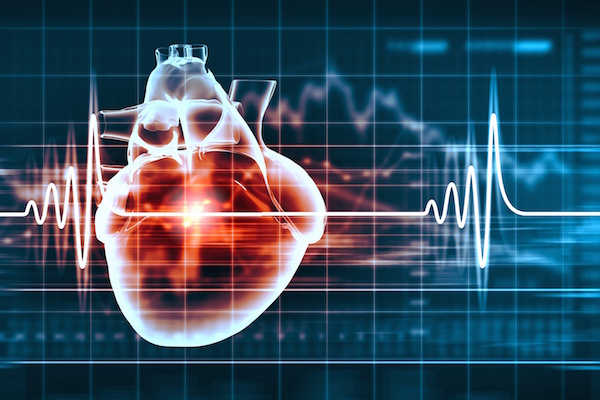
FRIDAY, Feb. 5 (HealthDay News) — When the New Orleans Saints and the Indianapolis Colts take the field for Super Bowl XLIV on Sunday, emotions will be running high, so high that some fans can run the risk of a heart attack and even death.
The risk is real, cardiologists say, because studies have shown that when a favorite team loses, angry fans can suffer so much stress that the result is sudden cardiac death.
“If you look at a lot of data from a lot of different sports, there is a spectator risk,” said Dr. Stephen Siegel, a cardiologist at New York University Langone Medical Center.
The best way to avoid this unhappy consequence is, “don’t take it so seriously. Don’t get so excited about it,” he said. “Enjoy the game, have fun with it, but don’t spend your life savings on betting on it and don’t have your life invested in the outcome.”
In one study, a team from the Keck School of Medicine at the University of Southern California, Los Angeles, led by Dr. Robert Kloner, director of research at the Heart Institute at Good Samaritan Hospital, looked at death rates in Los Angeles County on the day of two Super Bowls that had decidedly different outcomes for the home team: 1980, when the Pittsburgh Steelers beat the Los Angeles Rams, and 1984, when the Los Angeles Raiders beat the Washington Redskins.
The researchers also looked at death rates for the two weeks following each game. They then compared those statistics to death rates in the same county for the same period in the years between and after those Super Bowls. They found that all-cause death rates rose significantly after the 1980 loss, and death rates declined after the 1984 victory.
“If you are a very enthusiastic fan that gets emotionally involved in these games and jumps up and down and screams and really feels the emotion, and especially if you have coronary risk factors like high blood pressure or diabetes, high cholesterol, smoking, they should discuss it with their health-care provider to maybe level that a little bit,” Kloner said.
Kloner noted there are stress reduction programs and even some medications that can help keep you calm.
In another study, researchers looked at deaths during the 2006 World Cup soccer matches in which Germany played. During six of the seven German games, they found an increase in the number of reported cardiovascular events. That effect was even more pronounced when the Germans were involved in a dramatic match where the winning goal was scored during the last minute.
On days when the German team was playing, the proportion of cardiac patients who were male jumped to an average of 71.5 percent, while men only accounted for 56.7 percent of cardiac care during the no-play period.
Overall, the incidence of cardiac emergencies in men increased 3.26 times the average of the control period when the German team was playing. For women, the increase was 1.82 times higher than the control period.
Yet another study found that people with implantable cardioverter-defibrillators (ICDs) who let their anger get the better of them could be at high risk for sudden cardiac death from cardiac arrhythmia, an irregular heartbeats.
Siegel noted that eating too much and drinking too much can add to the stress, which, combined with anger, can also help trigger a heart attack.
Another expert, Dr. Gregg C. Fonarow, a professor of cardiology at the University of California, Los Angeles, said “the danger is real. Although uncommon, severe emotional stress can trigger cardiovascular events.”
Some people may respond to the emotional stress of watching their favorite sports team lose an important game by releasing large amounts of catecholamines — adrenalin and noradrenalin, also called epinephrine and norepinephrine — into the bloodstream, along with other small proteins produced by an overexcited nervous system, Fonarow explained.
“These chemicals can trigger atherosclerotic plaques to rupture, resulting in an acute heart attack or can trigger life-threatening arrhythmias resulting in sudden cardiac death,” he said. “Individuals with preexisting heart conditions and those with risk factors for heart disease are at increased risk for such events.”
More information
For more information on your risk for a heart attack, visit the American Heart Association.

